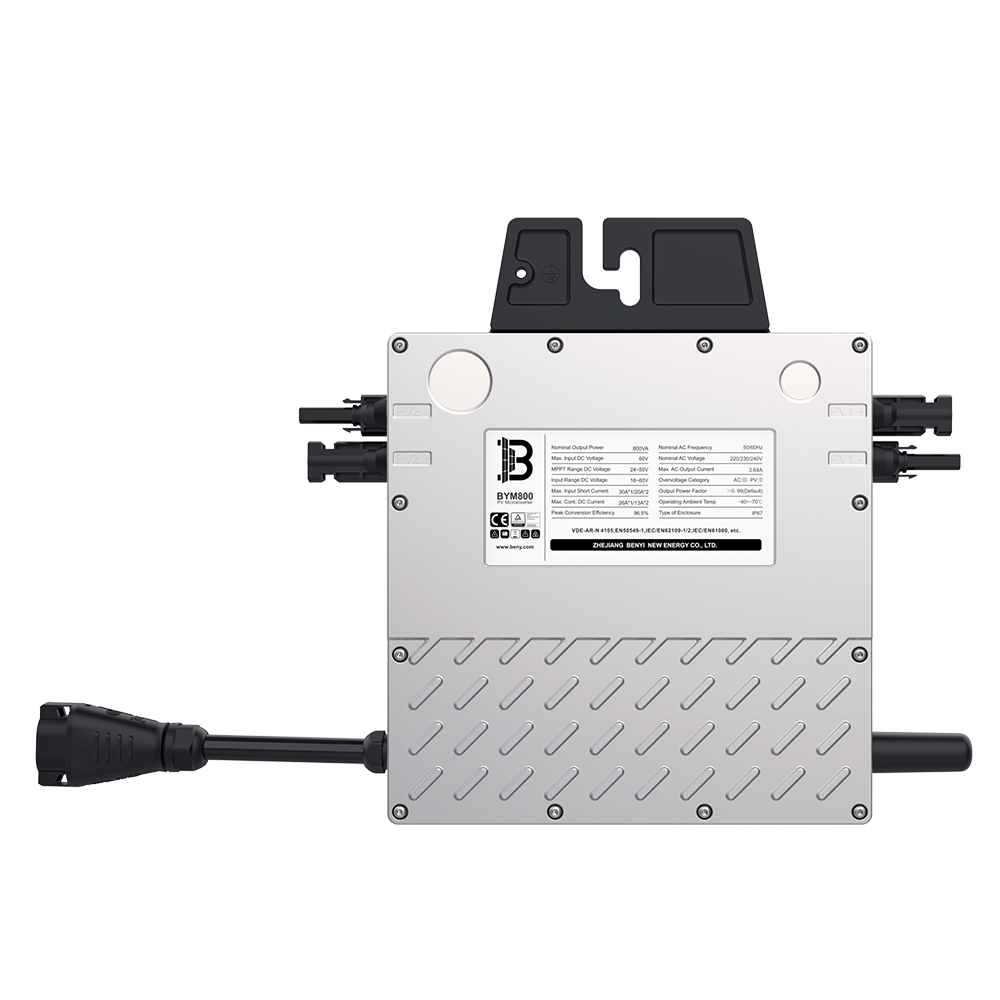Elevating Solar Energy Efficiency: Exploring Microinverter Technology
Body
As the demand for sustainable energy sources continues to grow, the solar energy industry has been making significant strides in improving efficiency and performance. One of the key innovations driving this progress is microinverter technology, which has revolutionized the way solar energy systems operate. In this article, we will delve into the world of microinverters and explore their impact on elevating solar energy efficiency.

The Evolution of Solar Energy Systems
Traditionally, solar energy systems have relied on string inverters to convert the direct current (DC) generated by solar panels into alternating current (AC) for use in homes and businesses. While string inverters have been effective, they come with certain limitations, particularly when it comes to system performance and reliability. This is where microinverters have emerged as a game-changer in the industry.
Understanding Microinverter Technology
Microinverters are small, individual inverters that are installed on each solar panel within a system. Unlike string inverters, which are connected to multiple panels, microinverters operate independently, allowing each panel to perform at its optimal level. This means that shading, soiling, or panel mismatch issues that can significantly impact the overall efficiency of a solar array are mitigated with microinverter technology. Furthermore, microinverters offer real-time monitoring capabilities, providing valuable insights into the performance of each panel and the system as a whole.
Benefits of Microinverter Technology
The adoption of microinverters has brought about a myriad of benefits for solar energy systems. By maximizing the energy output of each panel, microinverters contribute to higher overall system efficiency. Additionally, the modular nature of microinverter systems makes them more resilient to potential failures, as the impact of an issue with one panel is isolated from the rest of the system. This level of fault tolerance enhances the reliability and longevity of solar energy systems, ultimately leading to greater customer satisfaction and confidence in the technology.
The Future of Solar Energy with Microinverters
Looking ahead, the integration of microinverter technology is poised to further elevate the efficiency and performance of solar energy systems. As the industry continues to innovate and refine microinverter designs, we can expect to see even greater levels of optimization and intelligence built into these devices. This will not only benefit individual system owners but also contribute to the broader goal of transitioning towards a more sustainable and renewable energy landscape.
In conclusion, the advent of microinverter technology has significantly transformed the solar energy industry, offering a new standard of efficiency, reliability, and performance. As we continue to explore the potential of microinverters, it is clear that they will play a pivotal role in shaping the future of solar energy. With their ability to maximize energy production, mitigate issues, and provide valuable insights, microinverters are indeed a key driver in elevating solar energy efficiency.










Comments